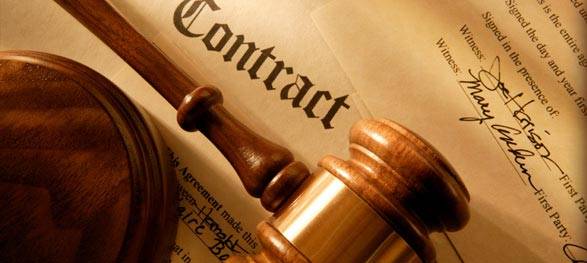1.) What do police officers look for when trying to find drunk drivers on the roadway?
The following list of clues indicate what police look for when trying to establish whether the driver being observed is impaired. The higher the clue is on the list, the higher the probability of impairment. The list is based on research by the National Highway Traffic Administration:
-
- Turning with a wide radius
- Straddling center of lane marker
- “Appearing to be drunk”
- Almost striking object or vehicle
- Weaving
- Driving on other than designated highway
- Swerving
- Speed more than 10 mph below limit
- Stopping without reason in traffic lane
- Following too closely
- Drifting
- Tires on center or lane marker
- Braking erratically
- Driving into opposing or crossing traffic
- Signaling inconsistent with driving actions
- Slow response to traffic signals
- Stopping inappropriately
- Turning abruptly or illegally
- Accelerating or decelerating rapidly
- Driving with headlights off
· You will notice that many of the reasons police officers stop people at night—to accuse them of impaired driving—are not on the above list, like: (1) Speeding, (2) No License Plate Light, (3) Tinted Windows, (4) No Tail Lights, (5) One Headlight Out.
· Many impaired driving stops are “pre-textual,” meaning the police officer has already determined that he will arrest the driver for impaired driving. Thus, the only thing a motorist can do when stopped by such an officer is not to give him any evidence to help his case.
Surprisingly, speeding is not a clue of insobriety. This is because studies show that a person who speeds often exhibits signs of heightened awareness in the form of quicker judgment and reflexes.
2.) If I’m stopped by the police, should I answer any questions regarding drinking?
Citizens are not required to answer questions that are designed to be incriminating. In a police encounter, a simple request to speak to your attorney before answering questions, would be an appropriate response. However, informing the officer that you had one or two beers should not be harmful since it usually would not cause a person to be impaired. This response may explain away the odor of alcohol on a driver’s breath.
3.) What signs of insobriety do police look for after stopping a citizen on the roadside?
As the officer approaches a motorist’s vehicle they are instructed to immediately start gathering evidence to accuse you of impaired driving. The officer is using face to face observation and will be looking for:
-
- Alcohol containers
- Drugs or drug paraphernalia
- Flushed face
- Red, watery, glassy or bloodshot eyes
- Odor of alcohol on breath
- Cover-up breath sprays
- Slurred Speech
- Admission of drinking
- Fumbling with wallet while trying to get license
- Failure to comprehend officer’s questions
- Inconsistent responses
- Abusive language
- Unsteady of feet while exiting vehicle
- Swaying while standing
- Leaning on car for support
- Being combative, argumentative or jovial while talking with officer
- Disheveled clothing
- Soiled clothing
- Lack of awareness in regards to time and place
- Unable to follow police instructions.
- Unusual actions
4.) The officer will ask you multiple questions at once to attempt to distract and confuse you. He may ask you to produce two things simultaneously, such as your license and registration, and is hoping that the driver will:
-
- Forget to produce both documents upon request
- Produce documents other that the ones requested
- Fail to see the license, registration, or both while searching through wallet, or purse, etc
- Fumble or drop his wallet, her purse, license or registration
- Be unable to retrieve documents with finger tips
5.) What should I do if the police ask me to take field sobriety tests?
Understand that the police want you to help them make their case against you stronger. By performing field tests, you are simply helping the police manufacture evidence against you. Be aware that they fully intend on using this evidence against you in court. Therefore, taking an eye test, balancing test, or any other evaluation on the street is usually not a good idea. Most experts agree that police officers are not well trained enough to accurately interpret the symptoms observed while administering these street evaluations. This doesn’t mean that you need to be rude or nasty to an officer if he asks you to do a field sobriety test. Instead, its a good idea to ” respectfully decline” all tests on the roadside. Therefore, calling a DUI lawyer immediately after your arrest is important!
If you do find yourself being arrested for operating a vehicle while under the influence (OVI/DWI/DUI), please do not hesitate to seek representation. Skip Potter will do whatever he can to get your charge reduced or dismissed. Contact us now!
Source: http://www.publicsafety.ohio.gov/links/DPS0011.pdf





